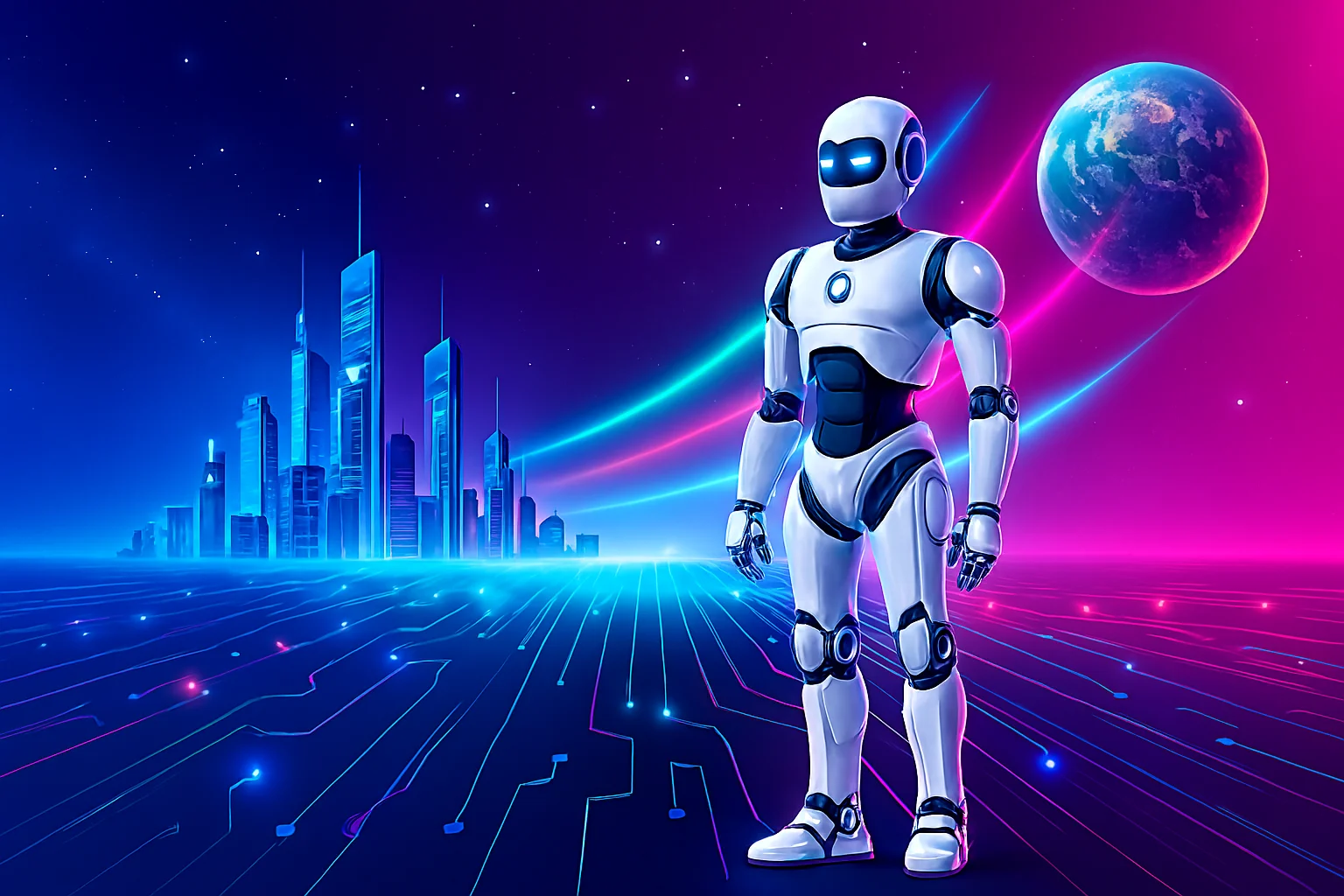
The Future of AI: What’s Next?
Estimated Reading Time: 2–3 Minutes
Key Takeaways
- AI is evolving rapidly: Expect advancements in natural language processing, computer vision, and robotics.
- Impact on industries: AI will continue to revolutionize healthcare, finance, transportation, and creative fields.
- Ethical considerations are crucial: Developing responsible AI requires a focus on fairness, transparency, and accountability.
The Future of AI: What’s Next?
Artificial intelligence (AI) is no longer a concept confined to science fiction; it’s a rapidly advancing technology reshaping our world. From the algorithms that power our social media feeds to the sophisticated systems driving scientific discovery, AI is becoming increasingly integrated into our daily lives. The pace of innovation is staggering, with breakthroughs occurring at an unprecedented rate, promising even more transformative changes in the years to come.
Looking ahead, we can anticipate significant leaps in several key areas of AI development. Natural Language Processing (NLP) will continue to improve, enabling more nuanced and human-like interactions with machines. Computer vision will become more sophisticated, allowing AI to “see” and interpret the world with greater accuracy, impacting everything from autonomous vehicles to medical diagnostics. Furthermore, advancements in robotics, fueled by AI, will lead to more capable and versatile machines working alongside humans in various sectors.
The implications of these advancements are profound, set to revolutionize numerous industries globally. In healthcare, AI will drive personalized medicine, accelerate drug discovery, and enhance diagnostic capabilities. The financial sector will see AI optimizing trading strategies, detecting fraud more effectively, and personalizing customer experiences. Transportation will be transformed by autonomous driving technology and optimized logistics. Even the creative industries will be touched by AI, assisting in content creation, music composition, and art generation.
However, as AI’s capabilities grow, so do the ethical considerations surrounding its development and deployment. Ensuring fairness and mitigating bias in AI algorithms is paramount to prevent the perpetuation of societal inequalities. Transparency in how AI systems make decisions will build trust and accountability. Developing robust frameworks for responsible AI governance will be essential to navigate the complex challenges and harness the full potential of AI for the benefit of humanity.
Conclusion
The future of AI is bright with potential, promising widespread innovation across all facets of life. As we move forward, a commitment to ethical development will ensure AI serves as a force for good. For more insights on technology and its global impact, visit newsog.in.
